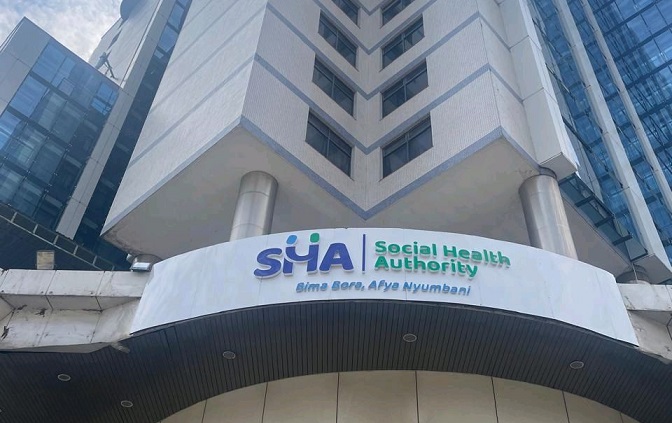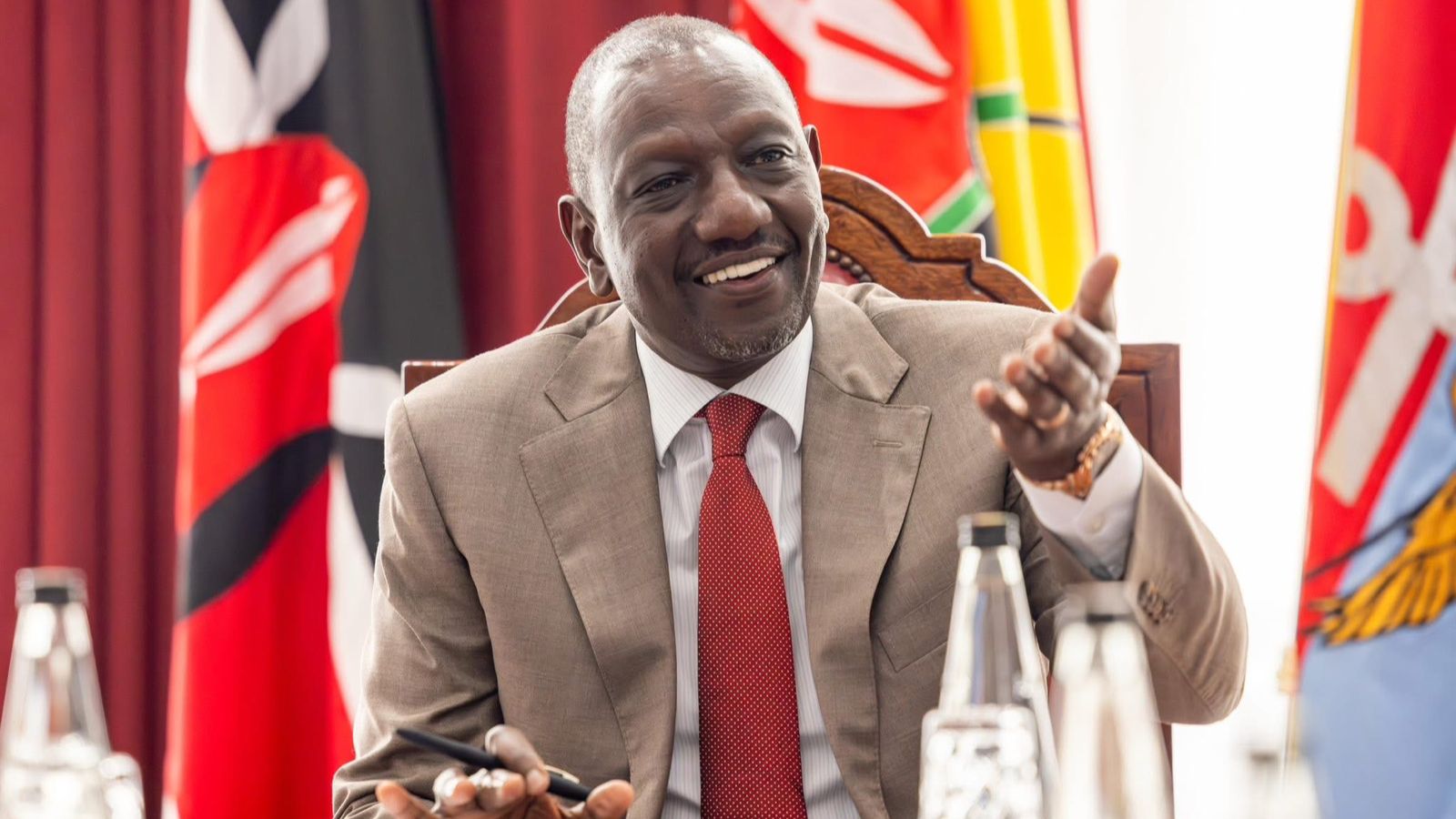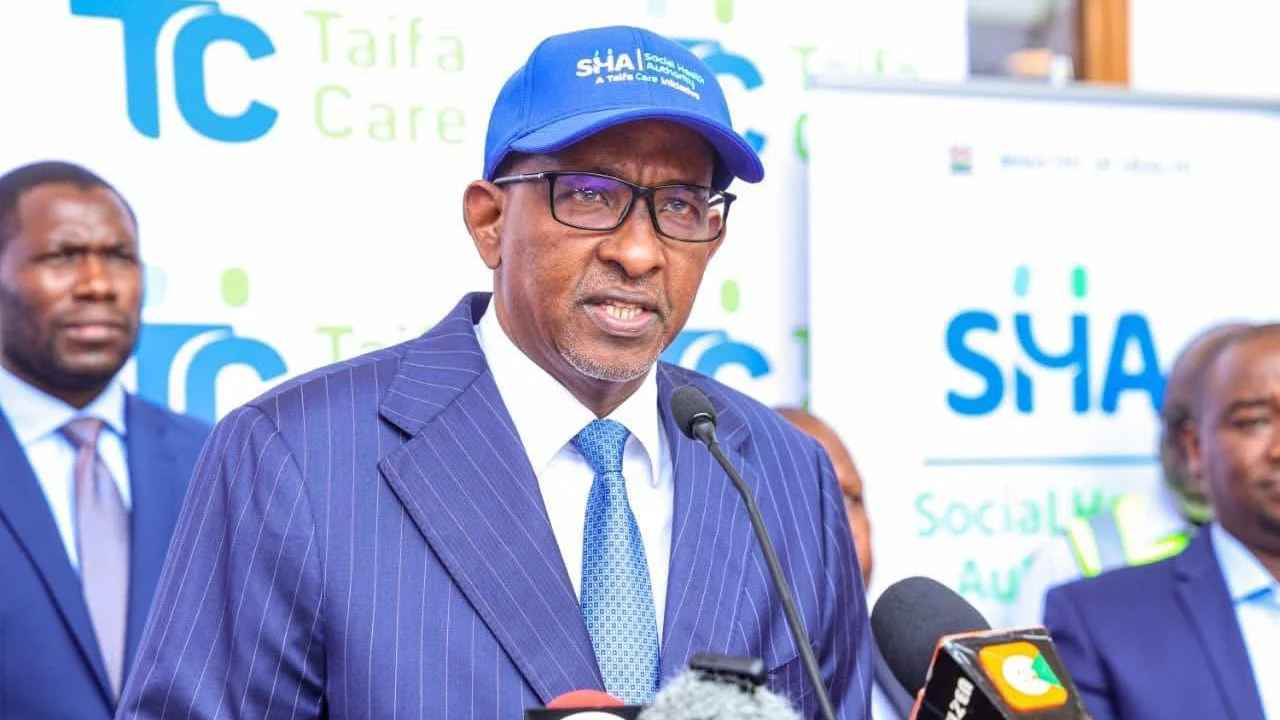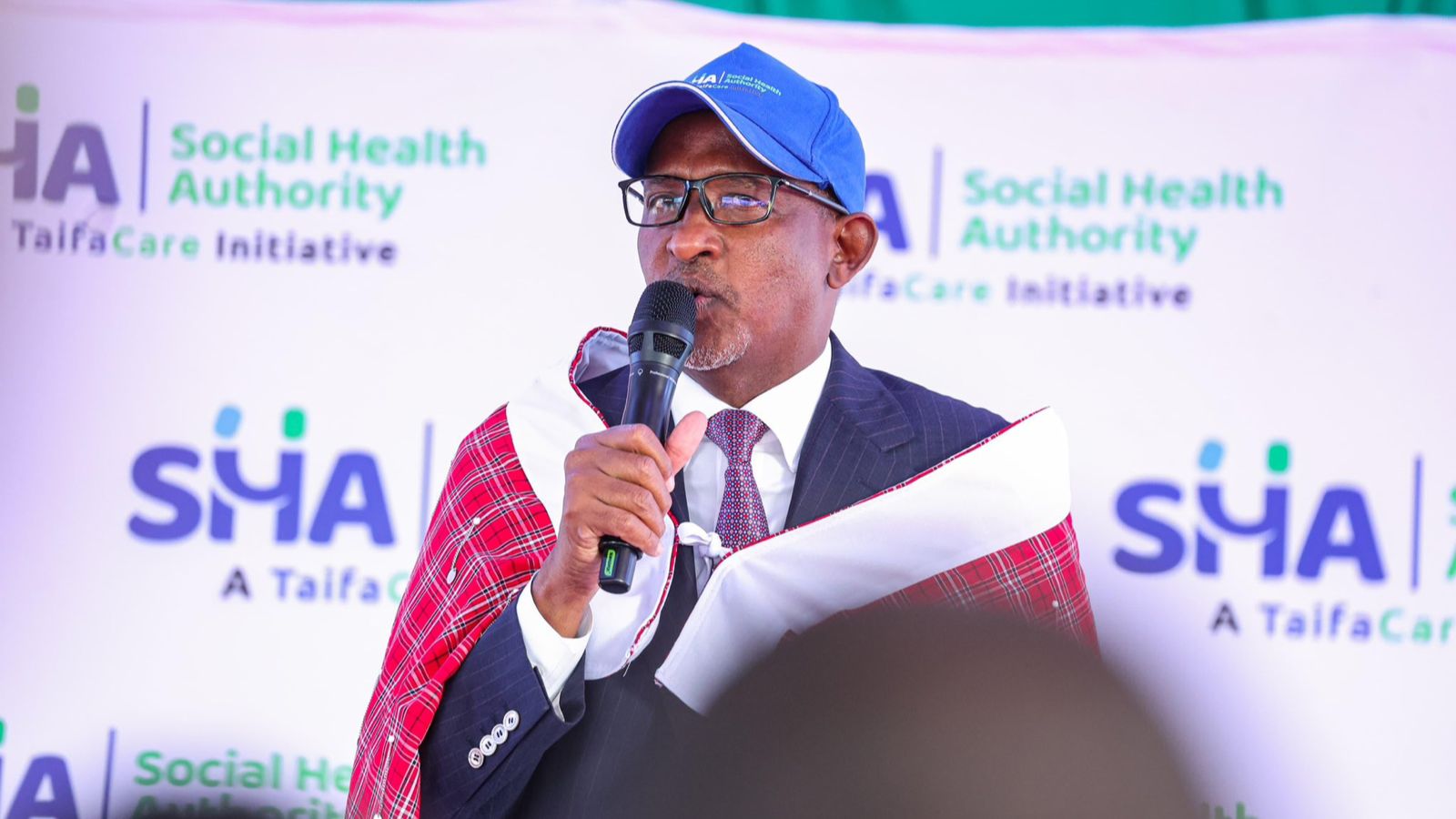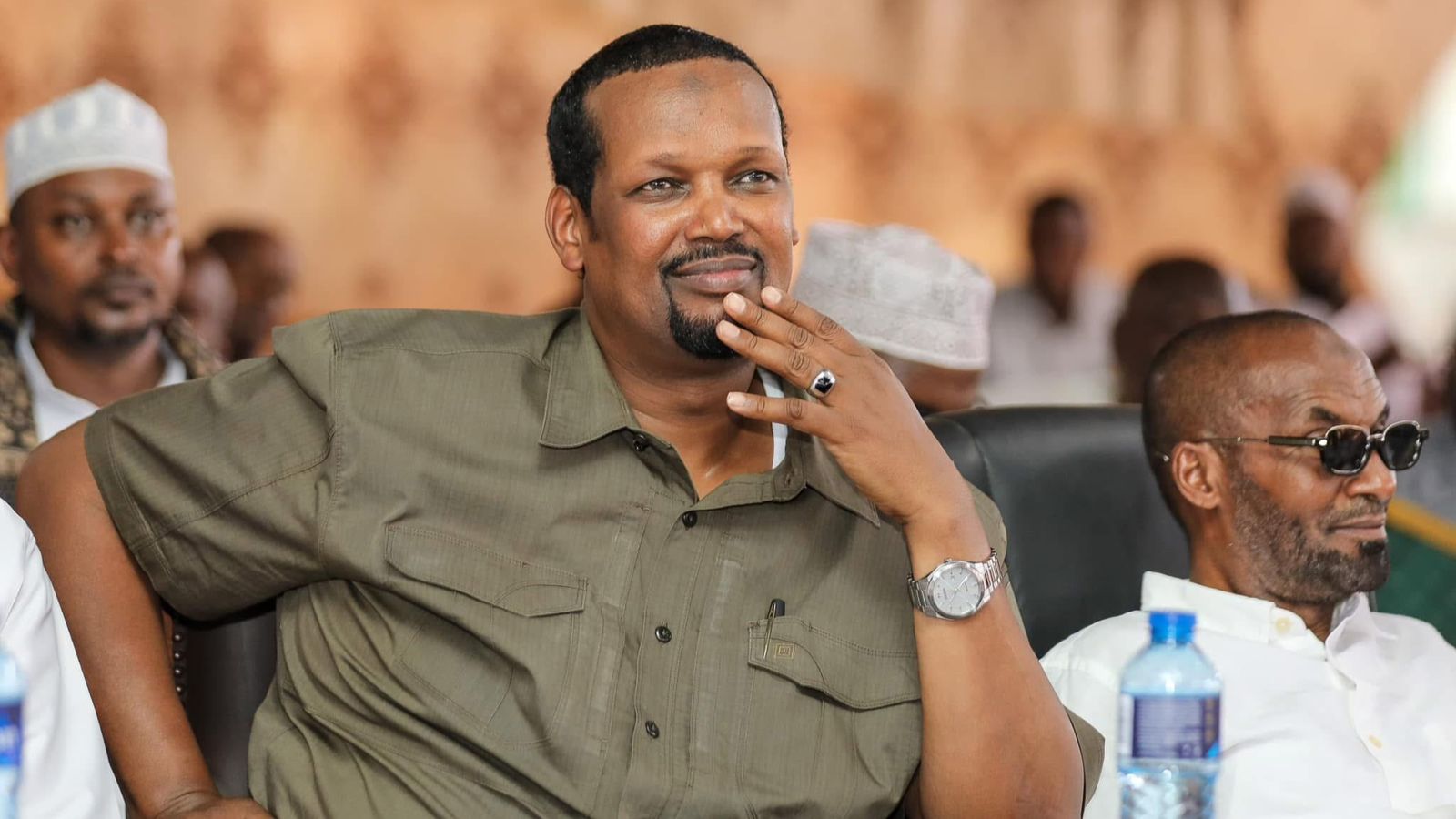By Victor Bwire
The Independent Electoral and Boundaries Commission (IEBC) has announced that it will hold 24 by-elections by the end of this year, all things being equal. This is a big but doable task. The necessary infrastructure and human resources are available. The main concern, however, is whether the environment will allow for free, fair, peaceful, and credible elections in these areas, given the nature of our politics.
Are we ready, as a country, to build the trust that is critical for people to accept election results and to allow peace to prevail after the by-elections? We have a duty, both as a country and as various institutions, to support the IEBC in delivering peaceful and credible elections. It is not solely the responsibility of the IEBC to ensure our elections are not a “do-or-die” exercise. While much is expected from the Commission, it must also provide guidance as provided for by the relevant laws. At the same time, each of us has a role to play, because elections are a collective responsibility.
The media, national security agencies, religious bodies, political parties, the IEBC, the National Cohesion and Integration Commission (NCIC), and above all, citizens, all share the duty of ensuring peaceful, credible, and acceptable electoral processes by playing their respective roles. There should be no sacred cows in this process. Already, we have seen and heard actors who are giving people reasons to lose trust in the process, or who are deliberately spreading misinformation, creating a hostile environment for the by-elections, and fostering tension among voters and the nation at large. Bold and factual coverage is paramount, and local voices are critical in shaping content.
The media will play a particularly crucial role, as it has in past by-elections. The way they frame the events, the issues, and the overall narrative will matter greatly. Will voters make their decisions based on their understanding of the candidates’ positions and their grasp of citizen demands, as presented through the media and related platforms? Or will the focus shift to debates around national issues? There is also the risk that the by-elections will be framed merely as a “litmus test” for the 2027 general election, or as a contest between the government, opposition, and other coalitions, rather than as important local events in their own right.
Read More
From the selection of aspirants to the nomination of party candidates, the process must be transparent, peaceful, and fair all the way to the by-elections themselves. The media must be fair to all candidates. For voters to make well-informed decisions, the media must not only be free but also reliable and trusted. They must form independent and diverse views while avoiding comments that could generate violent conflict. This requires professional conduct and independence from state or corporate influence.
The media’s role includes articulating the election agenda, providing voter education, explaining party manifestos, profiling candidates, and highlighting campaign issues—thus setting the tone for the electoral process. This is both good governance and a key aspect of social responsibility. The media must also provide a platform for civic education, act as a watchdog, and assist in citizen participation and engagement.
Lessons from past elections, where the media often focused on sideshows and non-issues, should guide coverage this time. The by-elections present an opportunity to implement those lessons. Media houses should deploy staff to the ground, including at polling stations where results will be announced. Unified and credible polling station data is critical. Joint productions or shared “situation rooms,” accessible to all media outlets, are highly encouraged.
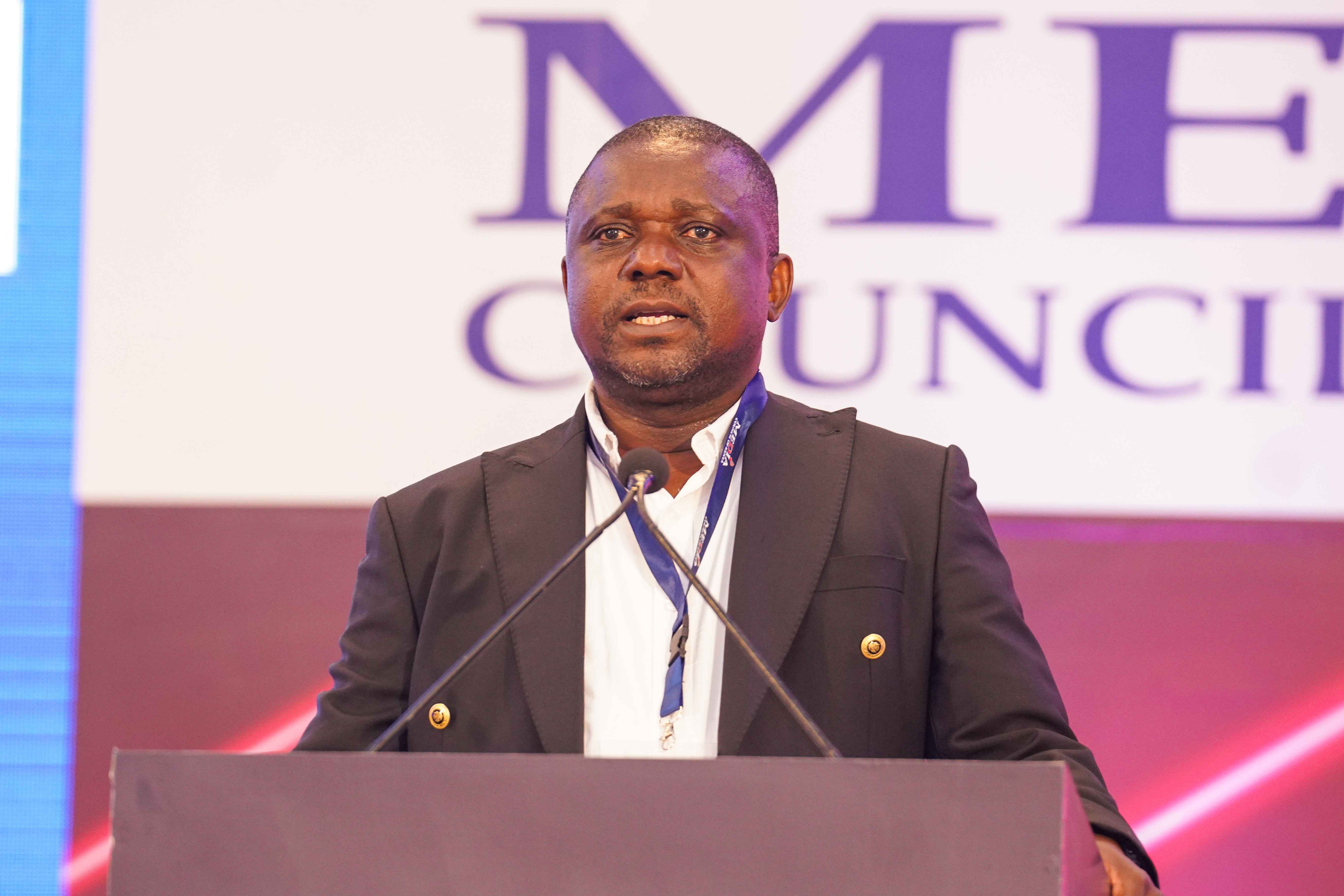
In this digital era, elections are more complex and demanding. Social media platforms can be used not only to woo voters but also to mislead, misinform, and circulate unverified data during results transmission, potentially sparking disputes and conflict. Journalists must remember election laws regarding ballot prohibitions, false publication of candidate withdrawals, interfering with voters, revealing ballot markings, communicating with voters after receiving their ballots, and the prohibition on publishing opinion polls within five days of an election. They must also guard against defamation, false claims intended to influence results, and misreporting of results.
Corruption and influenced content within the media during campaigns must be avoided. Given the spread of election-related misinformation, media houses should establish strong and functional fact-checking desks.
Relating to the role of the media in the electoral processes, the European Court of Human Rights thus notes, “Freedom of the press affords the public one of the best means of discovering and forming an opinion of the ideas and attitudes of their political leaders. In particular, it gives politicians the opportunity to reflect and comment on the preoccupations of public opinion; it thus enables everyone to participate in the free political debate which is at the very core of the concept of a democratic society."
In the Declaration of Principles on Freedom of Expression in Africa, the African Union notes, “the key role of the media and other means of communication in ensuring full respect for freedom of expression, in promoting the free flow of information and ideas, in assisting people to make informed decisions and in facilitating and strengthening democracy”.
Mr. Victor Bwire is the Head of Media Development and Strategy at the Media Council of Kenya.
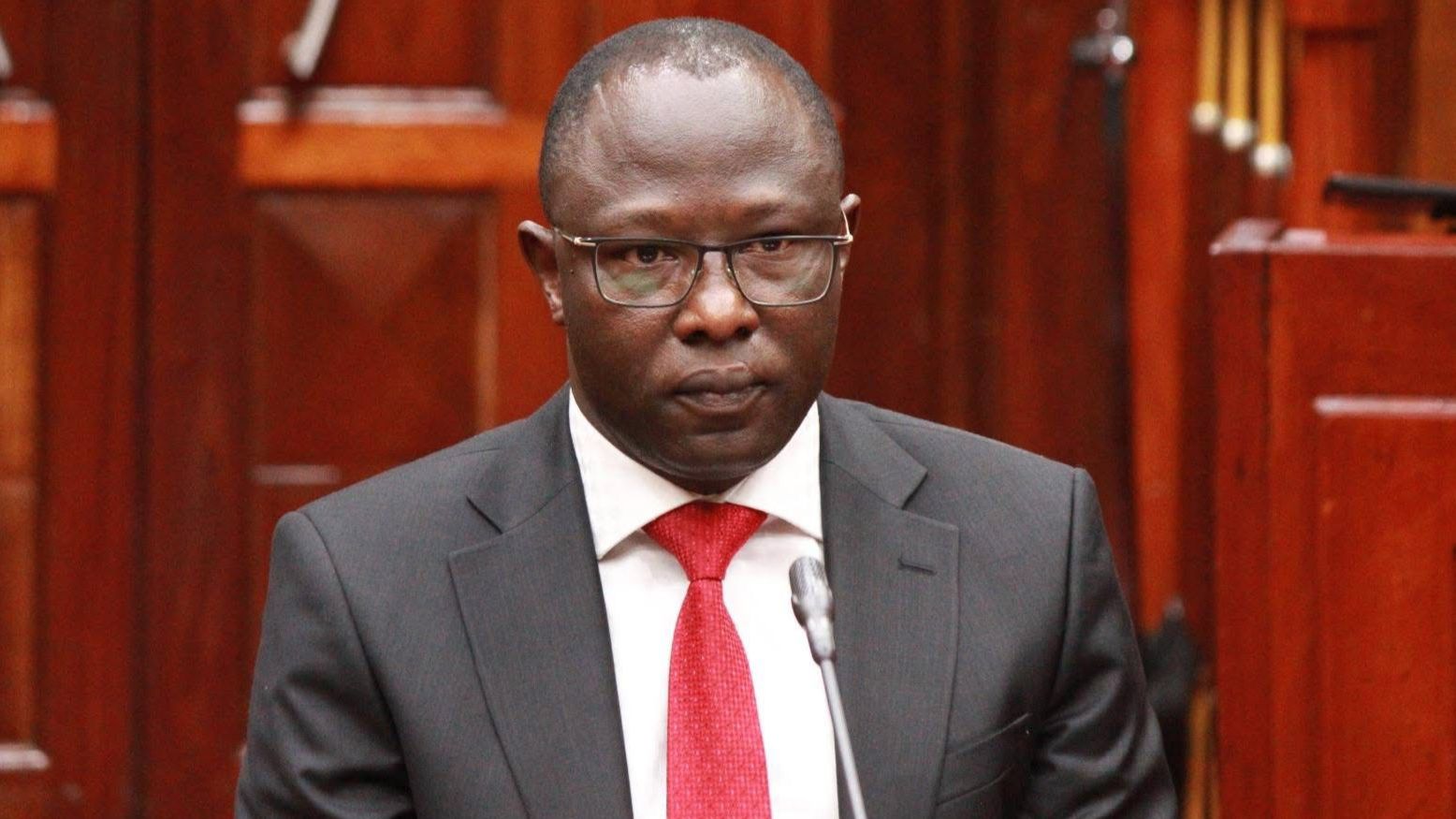
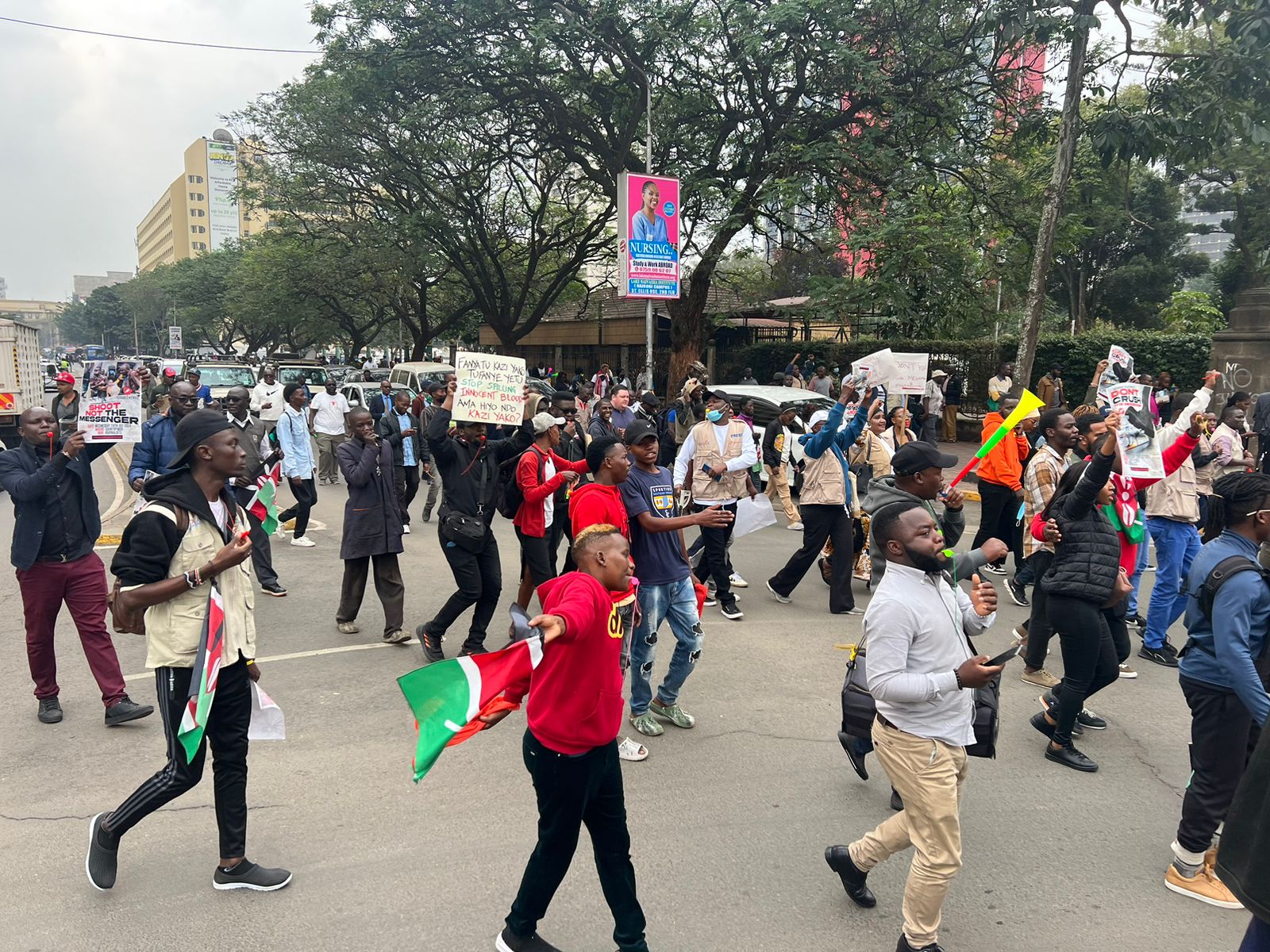
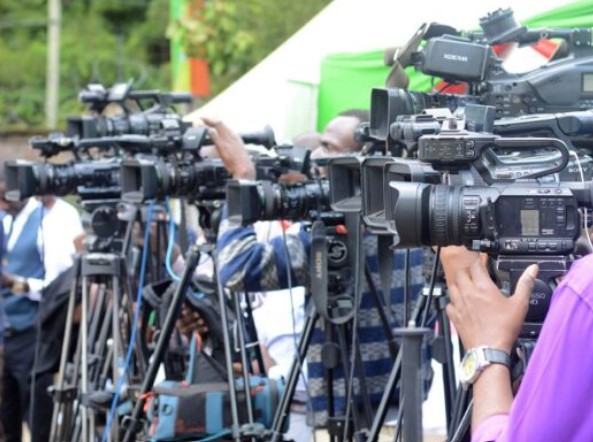
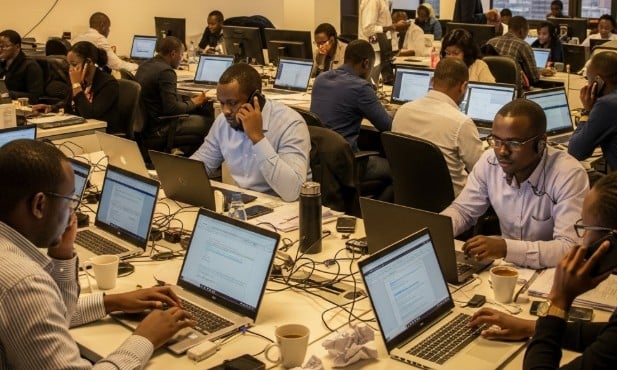
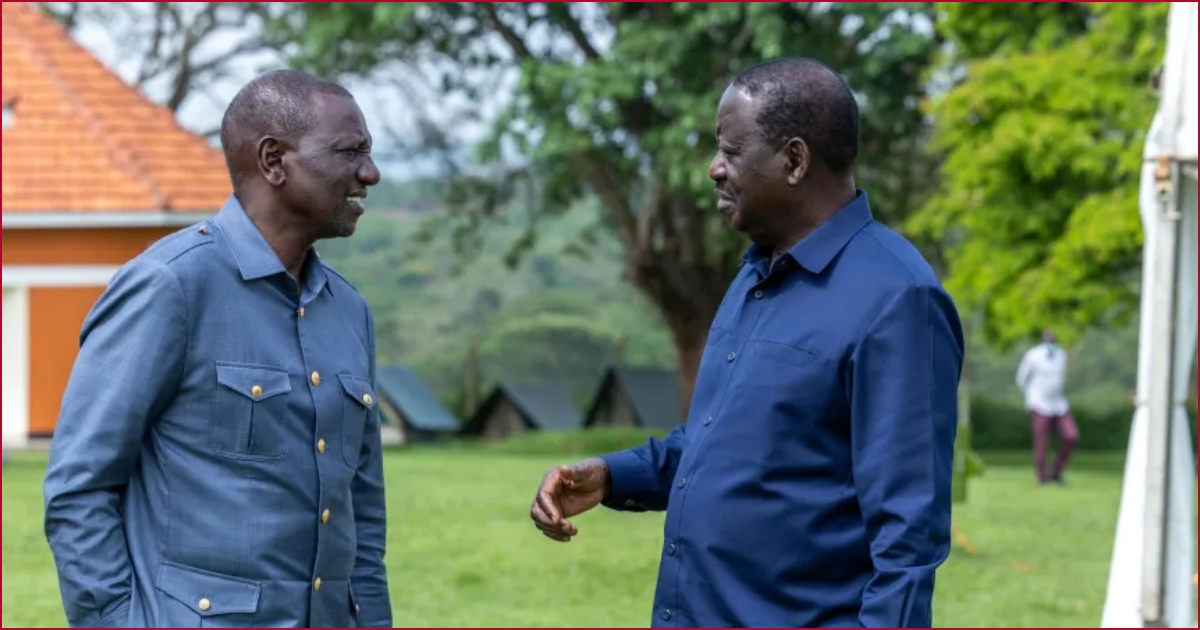
-1721982952-1752255451.jpg)
